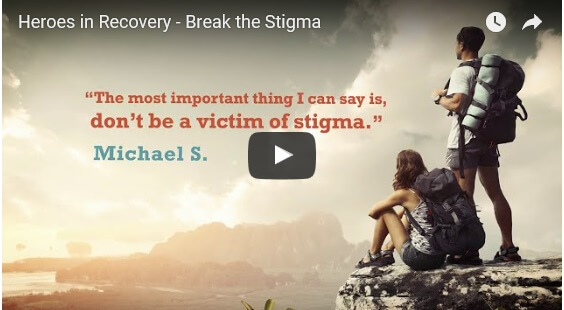Our country is currently facing an opioid crisis, one which we are having a very difficult time addressing. In recent years, our social media feeds have become scattered with articles and videos bringing awareness to this crisis. Many are desperate to stop this epidemic, with many struggling to effectively address this issue. This problem has gotten so bad that the Trump administration has recently declared addressing the opioid epidemic in America as a top priority. SAMHSA, (The Substance Abuse and Mental Health Services Administration), has very recently just released a toolkit to help health providers and families prevent opioid overdoses. SAMSHA has already done a lot to help fight our country’s opioid crisis. How will we work towards diminishing this social issue? Education is the first step, but what steps must we take following education? This toolkit addresses this. This new toolkit helps to educate providers and families on opioid overdose prevention. This toolkit employs multiple educational strategies to deter opioid overdosing. SAMHSA encourages easy access to treatment for those who suffer with opioid addictions, something that we at Drug Rehab Comparison make it our mission to provide.
This toolkit enables providers and family members to properly identify how to prevent and manage these types of overdoses. Signs of opioid overdosing are listed in this toolkit. This toolkit also discusses what opioids are, allowing for a comprehensive understanding of how to manage issues related to opioid use. Education is a large key to allowing people to understand ways we can combat this harrowing epidemic.
The toolkit also shows providers how to use naloxone, a medication which can help reverse an opioid overdose. Prescription drugs are often abused, leading to opioid addiction. This toolkit enables healthcare providers to monitor prescription drug use, in order to recognize and prevent opioid addiction.
Our nation’s opioid crisis must be addressed. As social media and the news raises awareness of this issue, we must bring forth measures which can fight and prevent this deadly addiction crisis. The release of this toolkit shows that SAMHSA understands that knowledge is power. Education is the first step towards prevention.


